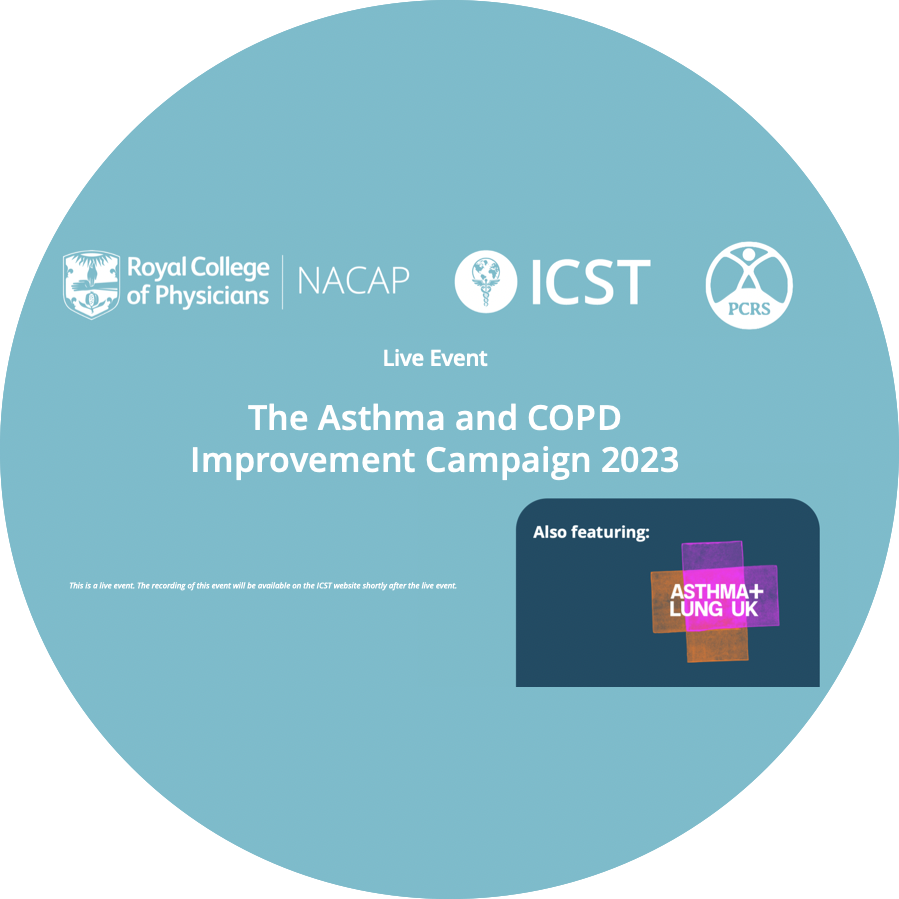On Monday 18th March 2024, we held an interactive live virtual event for all primary and secondary care healthcare professionals who are involved in the management of patients living with Asthma, following updates to the All Wales Adult Asthma Management and Prescribing Guideline.
The event was hosted by Dr Katie Pink (Consultant Respiratory Physician and National Asthma Clinical Lead), and featured experts Debbie Hartman (Specialist Respiratory Nurse) and Jackie Reynolds (Respiratory Pharmacist Prescriber).



